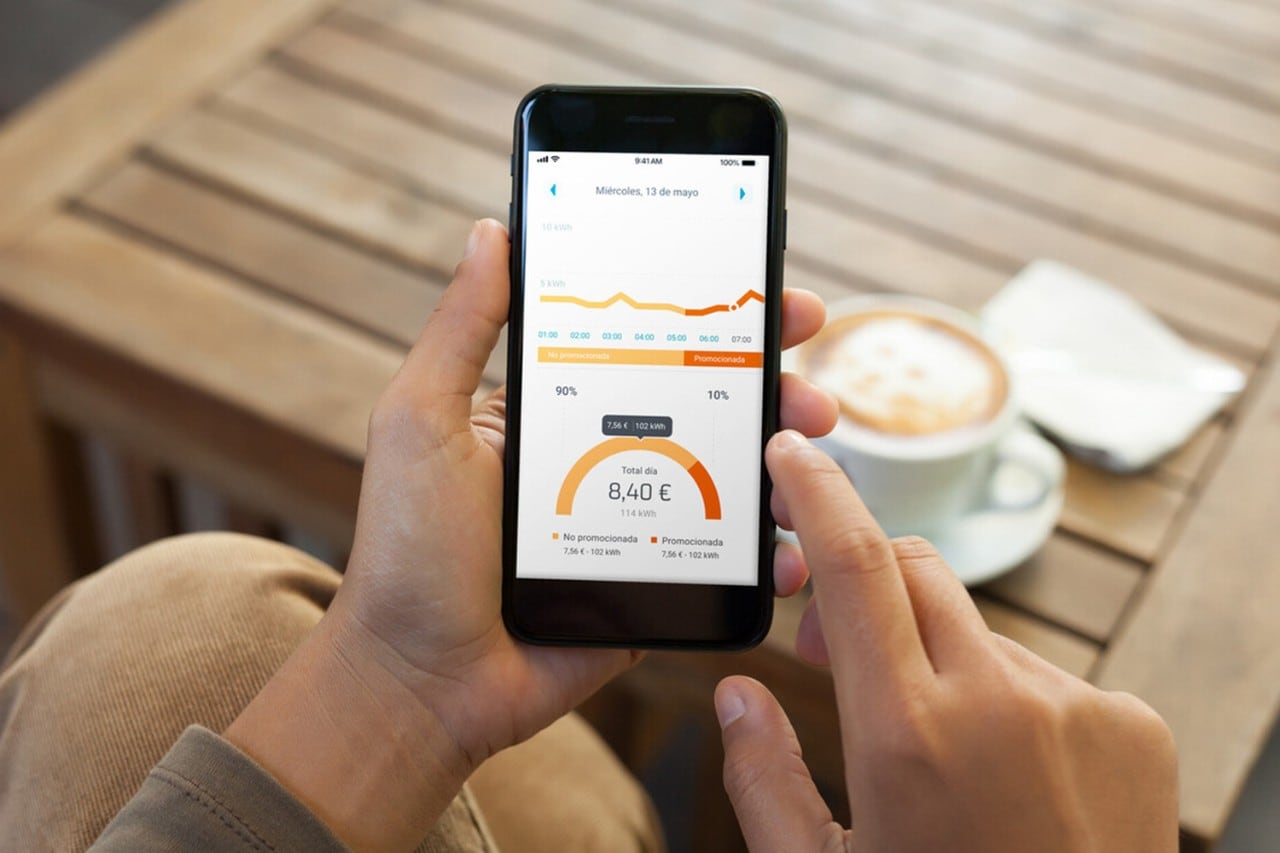
Empowering customers to choose more efficient energy consumption

With SAS, millions of customers can make informed decisions on how to optimize their energy use and save money.

Real-time access
to insights improves customer engagement
Repsol achieved this using • SAS® Energy Forecasting
Unlocking the power of data with SAS helps Repsol journey toward sustainable energy
In 2019, Repsol became the first energy company in the world to announce its intention to transition to net-zero emissions by 2050. Prompted by the ongoing work of the United Nations Climate Change Conference, Repsol decided to structure its plan around compliance with the Paris Agreement (otherwise known as the Paris Climate Accords) signed in 2015. The Paris Agreement aims to contain the effects of global warming by promoting decarbonization with a goal of reducing emissions 45% by 2030 and achieving net-zero emissions by 2050. Repsol’s commitment to support these initiatives marked an important milestone for this initiative.
Repsol is a global multi-energy company that operates across the entire energy value chain. It employs 24,000 people and distributes its products in nearly 100 countries. Globally, it serves 24 million customers. With the scale of its services, organizing a move to zero-emissions operations is no small feat.
Repsol has set 10 key metrics for success, including reduction in net emissions, renewable generation capacity target, reduction in methane intensity emissions and more. In addition to tracking these key data points as a global organization, Repsol wanted to empower consumers to track their own data. One study conducted in the UK found that 25% of total energy consumption happens in residential situations. Empowering residential energy customers to monitor their own energy-usage data allows them to reduce their environmental impact and save money along the way.
SAS Energy Forecasting serves as a foundation for the development and integration of new products, enabling us to offer a personalized experience to our customers. Javier Cortés Head of Demand Forecasting Repsol
Energy management, analytics and predictions
To help achieve its goals, Repsol relies on SAS Energy Forecasting, which plays a crucial role in optimizing energy use. Repsol uses SAS across three main business lines: energy management, analytics and predictions. The SAS solution enhances the company’s custom app, Vivit, which is tailored to its residential electricity and natural gas customers. Using SAS, Repsol gains detailed information that supports informed decision-making for product planning and development. Additionally, the solution enables Repsol to meet the needs of its customers by providing guidance on efficient energy consumption.
Customers now can view reliable estimates of their upcoming energy bills, see a detailed breakdown of daily consumption in kWh and euros, and compare their consumption with previous periods. In the Vivit app, they also can compare their usage to similarly sized households and receive recommendations on how to configure specific products to optimize their energy use.
After Repsol began providing these insights to customers, it observed a shift in behavior. As customers began to better understand their energy consumption, they started to make informed decisions to save energy and money.
SAS Energy Forecasting also allowed Repsol to successfully adapt to changing circumstances driven by the transition to clean energy, both in terms of predictive capabilities and analytical insights. These insights have helped inform Repsol’s strategies and drive meaningful marketing changes.
“SAS Energy Forecasting serves as a foundation for the development and integration of new products, enabling us to offer a personalized experience to our customers,” says Javier Cortés, Repsol’s Head of Demand Forecasting.
Repsol – Facts & Figures
24 million
customers
0%
emissions net target for 2050
24,000
employees in nearly 100 countries
Democratization of data drives innovation and sustainability
“The range of SAS solutions has allowed us to implement positive changes across our business processes,” says Cortés.
Being able to readily access data and accurately predict customer usage with advanced forecasting techniques has been immensely helpful for Repsol. With SAS, the company has access to the information it needs, and its solution is scalable as the business continues to grow and evolve. Implementing SAS has also enabled Repsol to drive increased customer engagement and satisfaction.
“Another aspect we appreciate at Repsol is the guide application provided by SAS [SAS® Enterprise Guide®], which has democratized the value of information even further,” Cortés says. “Now, professionals within our company who may not possess advanced analytical skills can rely on this technology to make well-informed and reliable decisions.”
Moving forward, Repsol is continuing to use data and analytics to pursue its goal of reaching 0% carbon emissions. By continuing to work with customers to provide relevant data and insights, Repsol is well on its way to creating a more sustainable energy future.
